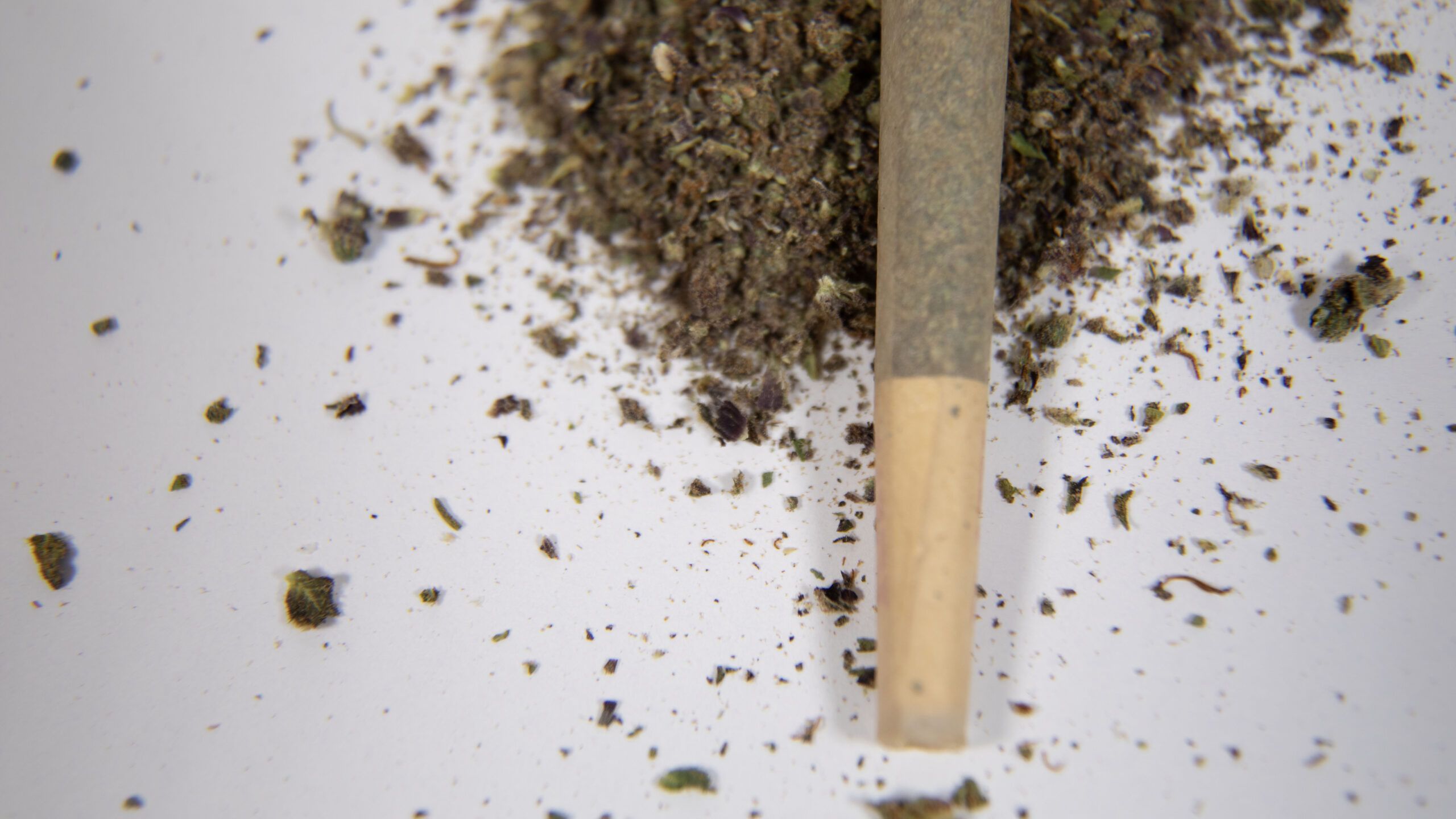Posted On :
In 2016, Florida voters approved Amendment 2, legalizing medical marijuana for patients with qualifying conditions. Since then, Clearwater has undergone subtle but significant shifts in how the community views cannabis. But as dispensaries become more visible and medical cannabis cards more common, the question remains—has the public’s perception in Clearwater truly changed, or is the stigma simply evolving?
When the amendment passed with over 71% voter approval statewide, it marked a major turning point. It legalized cannabis for patients with conditions like cancer, epilepsy, multiple sclerosis, and chronic pain. Yet for many in conservative-leaning pockets of Pinellas County, acceptance was slower. Some residents viewed dispensaries with suspicion, associating them with recreational drug use or increased crime. Others worried about marijuana becoming too accessible to younger audiences.
Fast forward to 2025, and the tone appears to be changing. A University of North Florida poll conducted in early 2024 found that 66% of Florida voters support full adult-use cannabis legalization. While Clearwater-specific polling is scarce, local dispensary managers and community advocates suggest that stigma is fading. “We’ve seen a huge shift in who our customers are,” said a staff member at MÜV Clearwater. “We have seniors, veterans, parents—people from all walks of life who now see cannabis as medicine.”
Dispensaries like Trulieve, Sunnyside, and Fluent have worked to educate the public through in-store events and community outreach. This push for transparency has helped combat lingering misconceptions. Additionally, the economic benefits of cannabis—such as job creation, tax revenue, and tourism—have become harder to ignore. A proposed 2024 amendment to legalize recreational cannabis was projected to generate nearly $200 million annually in tax revenue, according to state financial estimates.
Still, not everyone is convinced. Opposition groups argue that the medical program has become a backdoor to recreational use and worry about impaired driving, underage consumption, and corporate monopolization of the industry. Indeed, the 2024 legalization initiative drew criticism for being backed by Trulieve, Florida’s largest cannabis company, raising concerns about limited market access and equity.
Law enforcement in Clearwater has also had to adapt. Police reports indicate that cannabis-related arrests for possession have significantly declined since 2016. Some officers, speaking off the record, say that decriminalization has freed up resources for more pressing public safety issues.
Cultural acceptance is also visible in Clearwater’s growing cannabis-friendly wellness scene. Yoga studios, holistic health shops, and even some restaurants now incorporate CBD or hemp-derived products into their offerings. Events like Florida Medical Cannabis Conference and Expo (FMCCE), often held in nearby cities, attract a blend of professionals, patients, and the cannabis-curious, signaling broader normalization.
Ultimately, Clearwater reflects a broader state and national trend: cannabis is becoming less taboo. While the journey from prohibition to acceptance isn’t over, public perception is evolving—and doing so rapidly. What was once whispered about in backrooms is now discussed openly at neighborhood barbecues and doctor’s appointments.
Categories :

